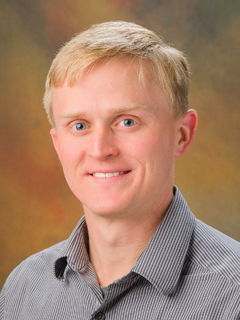HOW CAN WE HELP YOU? Call 1-800-TRY-CHOP
Stem Cell Transplant for Sickle Cell Disease or Thalassemia Major
This study is now recruiting.
The study will enroll male and female patients between 2 years to 25 years of age with sickle cell disease or beta thalassemia major, who do not have a matched related donor, and their doctor feels their condition should be treated with hematopoietic stem cell transplantation (HSCT).
- For Sickle Cell Disease, individuals must have significant disease. We would consider you for transplant if you have had severe neurologic symptoms including stroke, frequent vaso-occlusive events (examples include pain episodes requiring pain management or acute chest syndrome), or administration of regular and frequent red blood cell transfusions to prevent disease complications.
- For Beta-Thalassemia Major, you would be considered a candidate for transplant if you have genetic test confirming Beta Thalassemia and have required 8 or more transfusions per year in the past two years.
The purpose of this research study is to test a new method of cell processing for stem cell transplants with a closely matched unrelated donor. The new method is called alpha/beta T cell and B cell depletion using a device called CliniMACs. We want to see if this method can reduce some of the complications of the transplant and decrease the time it takes for the new stem cells to establish a new immune system. The use of the CliniMACs device for alpha/beta T and B cell depletion is experimental and is considered research.
Who Do I Contact?
If you are interested in participating in the study or want to learn more please contact our study team at CancerTrials [at] chop.edu or 267-425-5544.
Visit Criteria
Patients will receive a blood stem cell transplant. Blood stem cells will be taken from an unrelated donor and processed with the CliniMACs device for alpha/beta T cell and CD19+ B cell depletions.
For the first 2-3 months after the transplant, patients will be seen about once weekly. This is considered standard of care for anyone who has had a stem cell transplant. After this period, we will see patients yearly as part of regular clinical care, to monitor for late effects following transplant. Patients will be given a schedule of tests at that time. The maximum duration of the study for each patient will be approximately 2 year from day of transplant. Patients' medical records will be reviewed throughout the study to collect information about their health.
